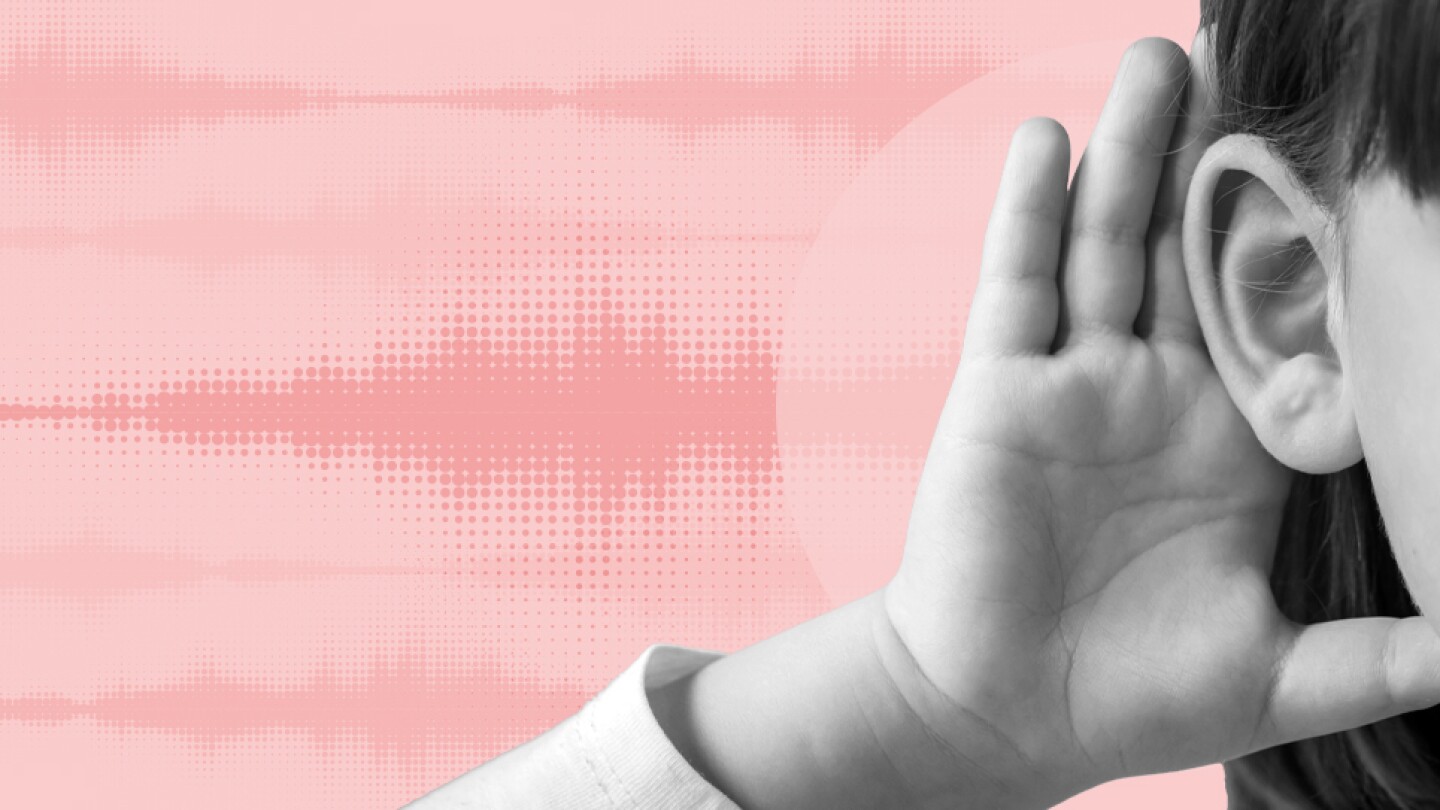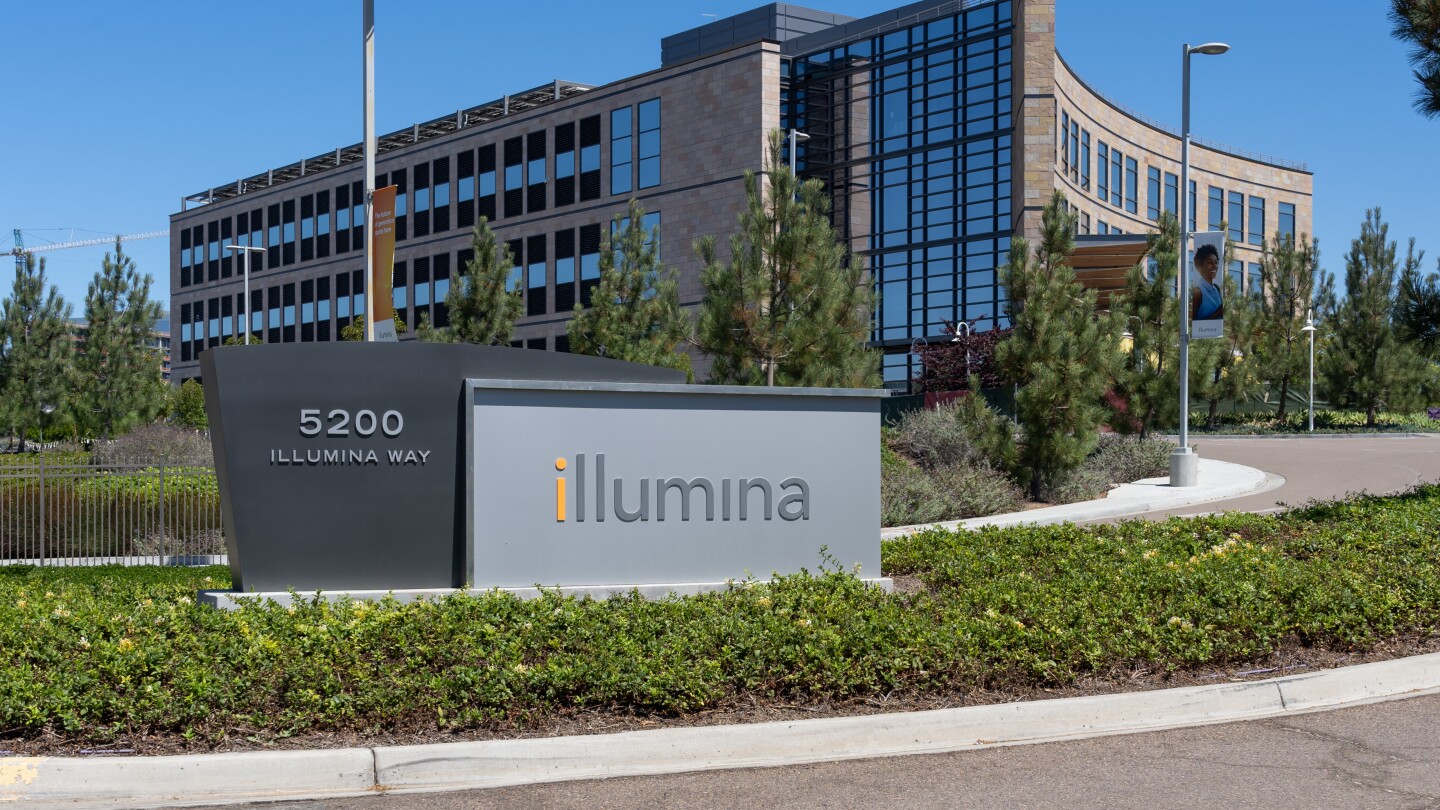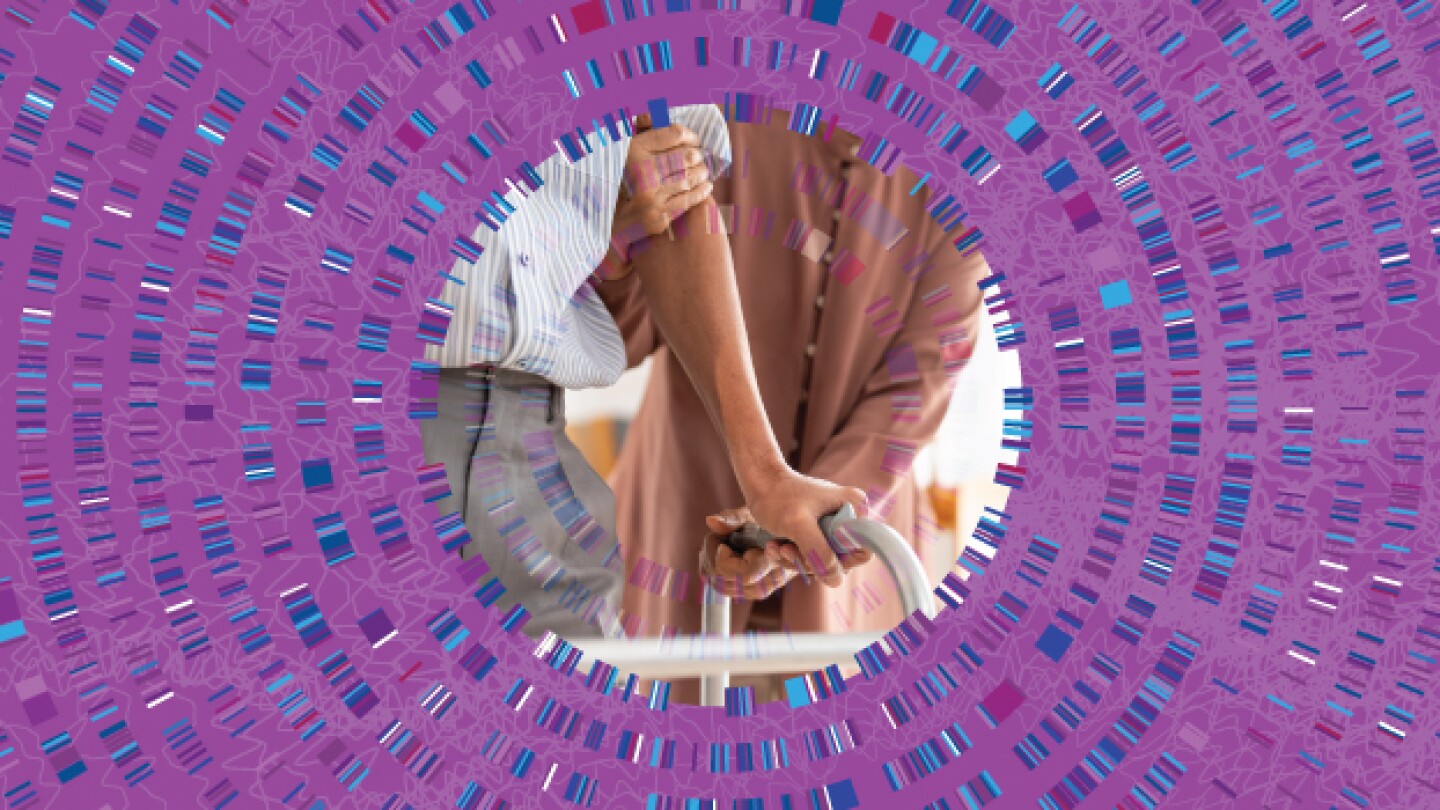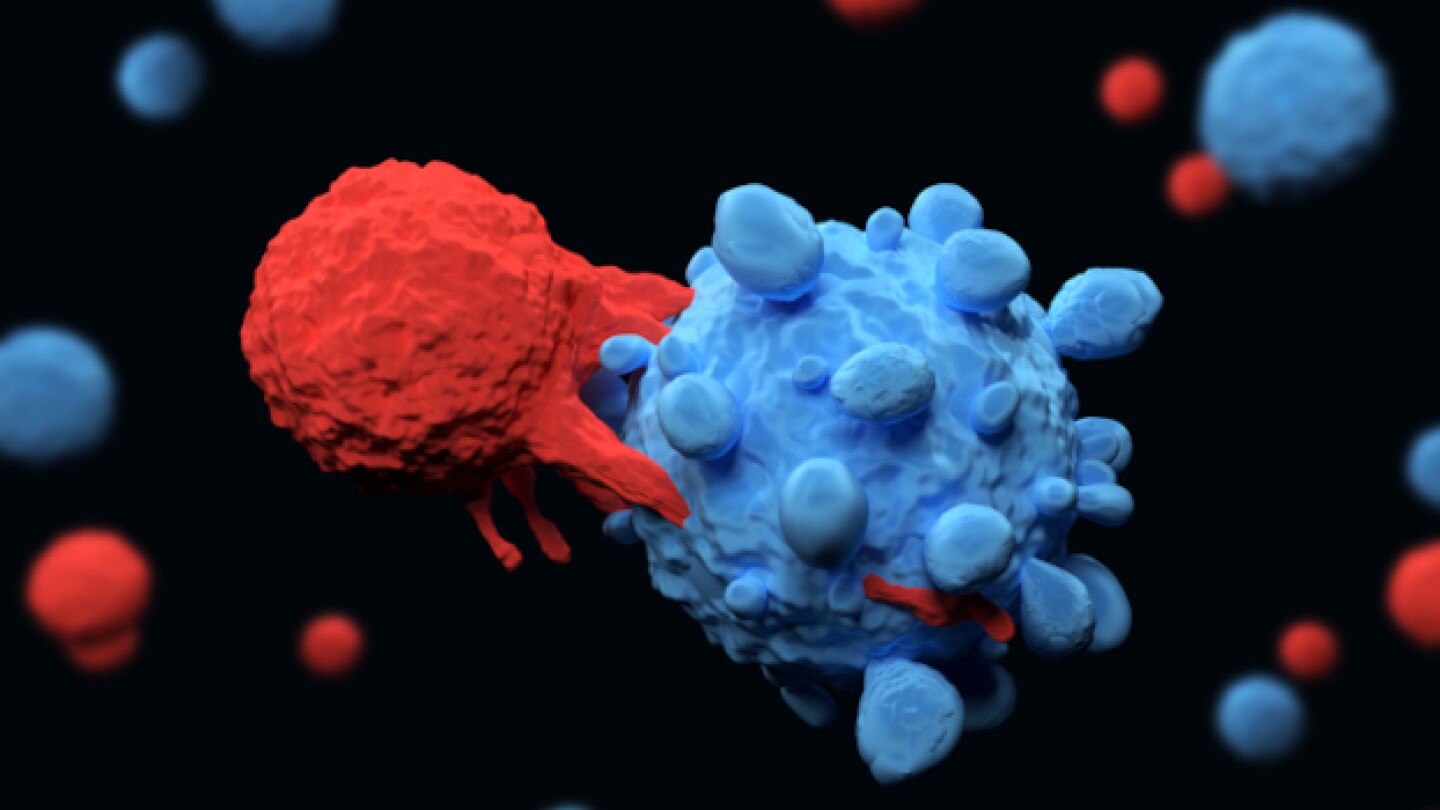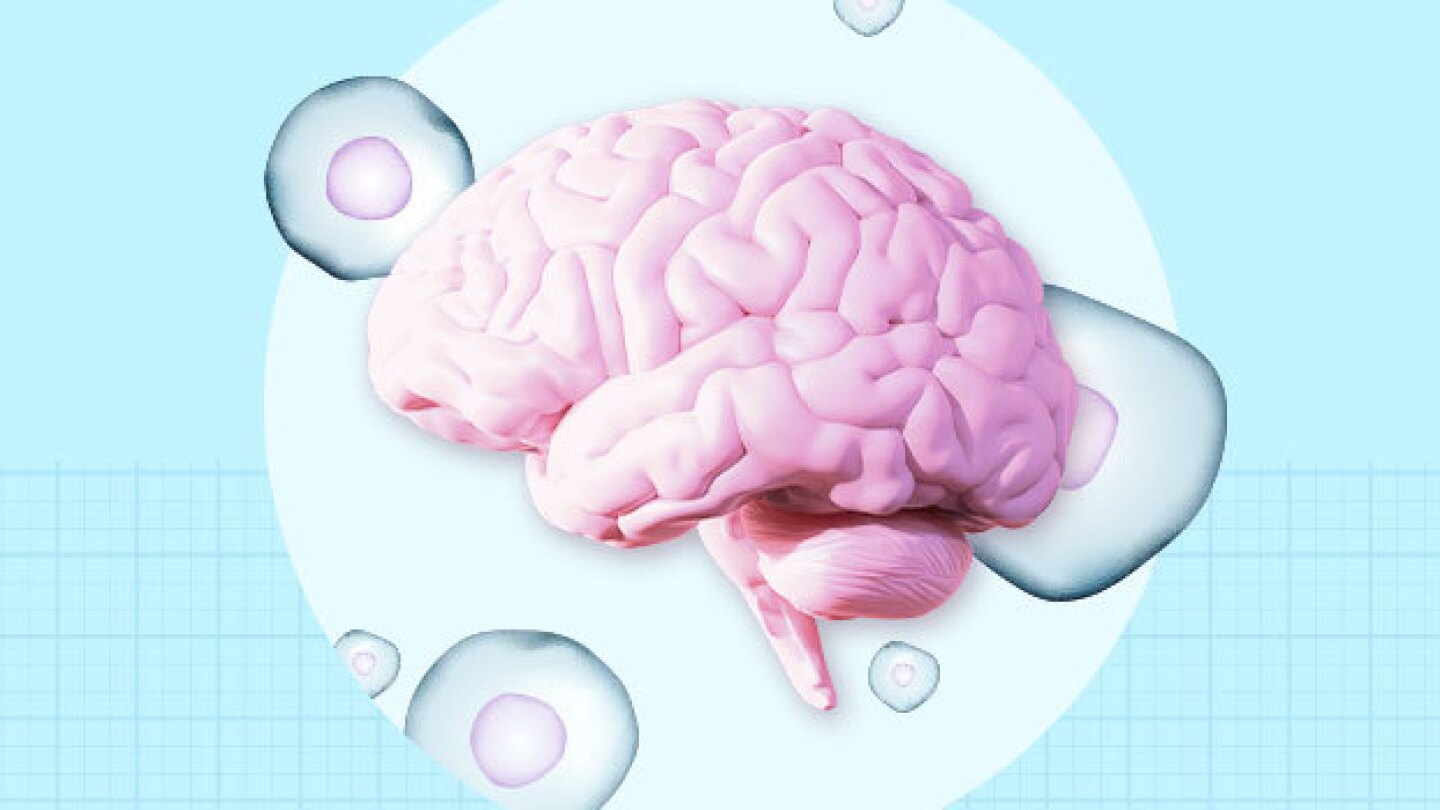Academia
At some point in your research career, you may find yourself transitioning from academia to industry or vice versa. To best set yourself up for success, adapt your approach to the specific scientific culture where you work.
Communication must be viewed as more than the last step of the research process. It is the structure that makes scientific work clear, trusted and remembered.
In a tough labor market where layoffs continue, some are considering—or even moving—from industry to academia, according to a BioSpace poll. A career coach, scientist and general practitioner turned research coordinator share their thoughts.
New research has found that MS patients treated with anti-CD20 antibodies, such as Roche’s Ocrevus, do not experience significantly slower progression of disability.
Regeneron, Akouos and Mass Eye and Ear are testing therapies that can reverse genetic protein deficiency to restore hearing, with promising early results.
In a bid to win back investor confidence, Illumina on Tuesday unveiled a three-year growth plan focused on easier DNA sequencing and improved data analysis for customers.
A new observational study from the University of Iowa points to the potential of alpha-blocker drugs, commonly used to treat enlarged prostates, as a preventive therapeutic option for dementia with Lewy bodies.
Following a series of clinical failures, optimism builds for the first disease-modifying treatment.
In a joint conference event on Monday, cell therapy pioneer Carl June revealed unpublished results showing that in around 1,500 patients treated with CAR-T therapies, no cases of secondary malignancy could be definitively linked to the treatment.
A one-time treatment for Parkinson’s disease could be a ‘market changer,’ experts told BioSpace, adding that cell therapies could limit the adverse effects seen with current drugs.
PRESS RELEASES





